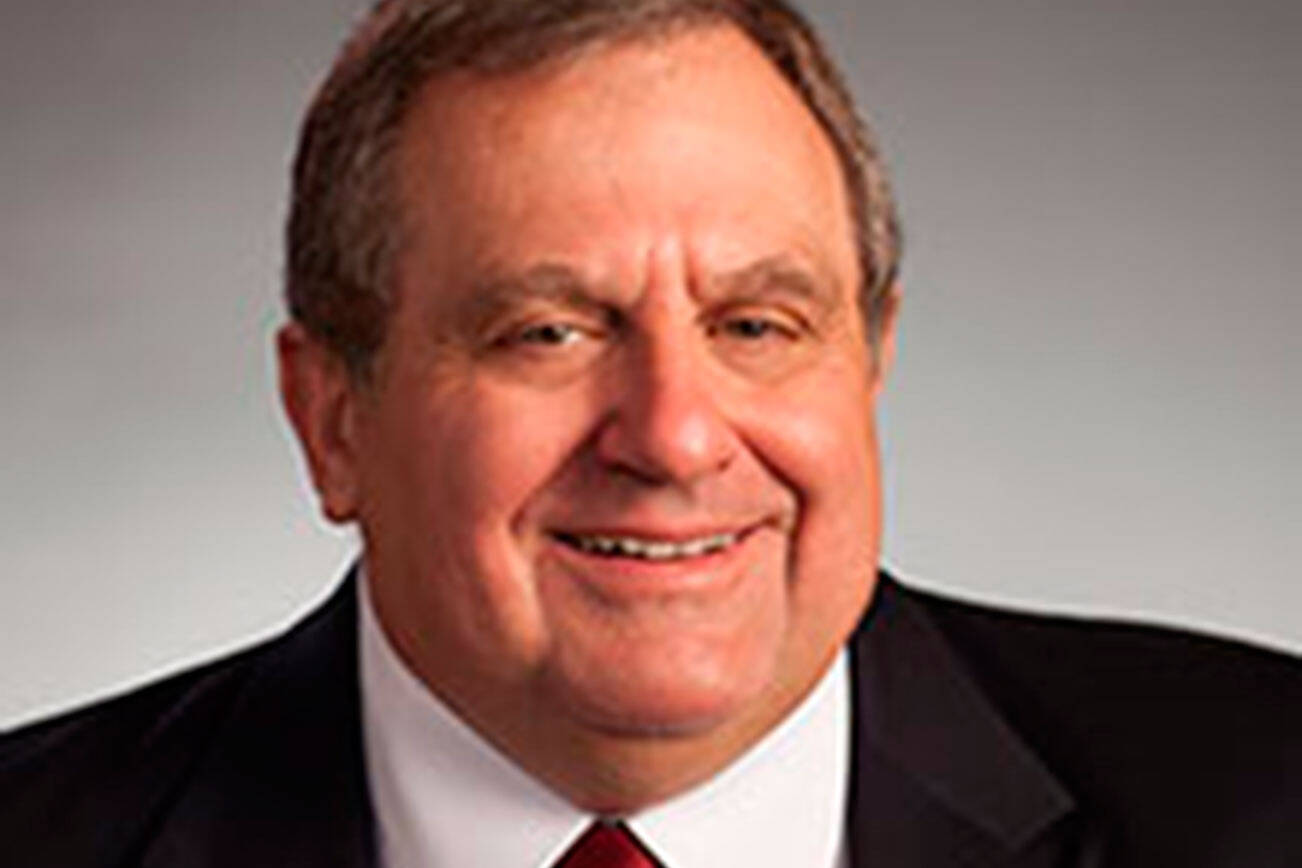While the last veterans who survived the “surprise” Japanese attack on Pearl Harbor are dwindling rapidly, we cannot let their sacrifices and the memories of that horrific day which propelled America into World War II fade into history.
On December 7, 1941, 350 Japanese aircraft descended on Honolulu’s military installations in two shocking waves. More than 2,400 Americans were killed, and 21 ships were sunk or damaged.
Our soldiers, sailors and pilots who fought and won World War II are now 90 or older, according to the U.S. Department of Veterans Affairs. There are fewer than 129,000 of the 16.1 million Americans who served who alive today.
The unexpected massacre by Hamas a month ago in Israel reminds us that the brutality of war is still with us 84 years after Pearl Harbor. The 1,400 victims slaughtered by insurgents from Gaza are names of loved ones who are more than just numbers of roster.
Like World War II and America’s 9-11, many in uniform are called to duty and will die and be permanently injured while rooting out evil.
It is equally hard for those whose relatives suffer from permanent psychological and physical wounds.
Thankfully, today we are focusing more on “post-traumatic stress disorder” (PTSD). Once called shell shock or battle fatigue syndrome, it is a serious condition that can develop after a person has experienced or witnessed a traumatic or terrifying event in which serious physical harm occurred or was threatened.
Today, we recognize that mental and emotional wounds are as serious as loss of limbs or mobility.
We are just scratching the surface of PTSD, and many World War II veterans coped with it by parking their emotional wounds in the back of their minds and just never talked about “the war.”
I vividly remember a conversation with a World War II veteran and his wife 20 years ago in upstate Michigan. They reminded me of my parents. They are the fabric of America. My dad, uncles and aunts served in the military in “the war to end all wars” and at one time my paternal grandparents had all three of their sons serving in the Army.
The Midwestern veteran and his wife of 64 years were raised in a Michigan farming community near Battle Creek. Like my parents, they dated in high school and when he graduated, he joined the Army. He lost his right arm fighting in the Pacific.
He returned home disabled, but not defeated. He used the GI bill to go to college and eventually became a senior auditor with the State of Michigan where he retired after 38 years.
Their tradition was to travel to Mackinac Island for a three-night stay at the famed Grand Hotel, a historic place steeped in its own tradition, when their children and grandchildren completed high school. This would be their last trip to the hotel. They were celebrating their three youngest grandchildren’s graduation.
The last time I saw them, they were decked out in their evening attire and headed into the dining room for a formal dinner. You could see the love and respect in the eyes of both the grandparents and the teenagers. It is what family is all about.
This family’s story is common among veterans. It is one that even melts the most cold-hearted.
If all of us do our part to support our troops and their families while they are serving and after they return, there will be more stories like this 40 or 50 years from now.
For that to happen, all of us must remember it is not just the job of the government, military, or the Veterans Administration to help our troops put the horrors of war behind them and resume their civilian lives. We all have that responsibility as citizens of a grateful nation.
We cannot forget that our veterans need healing, unification, education, training, and career opportunities. Uncle Sam can and will provide much of that assistance, but we must make sure that those troops and their families have welcoming communities and workplaces.
As Americans prepare to celebrate Thanksgiving, we are thankful for veterans like the Michigan couple. We must not forget the sacrifices of our veterans and their families.
Don C. Brunell is a business analyst, writer and columnist. He can be contacted at theBrunells@msn.com.



